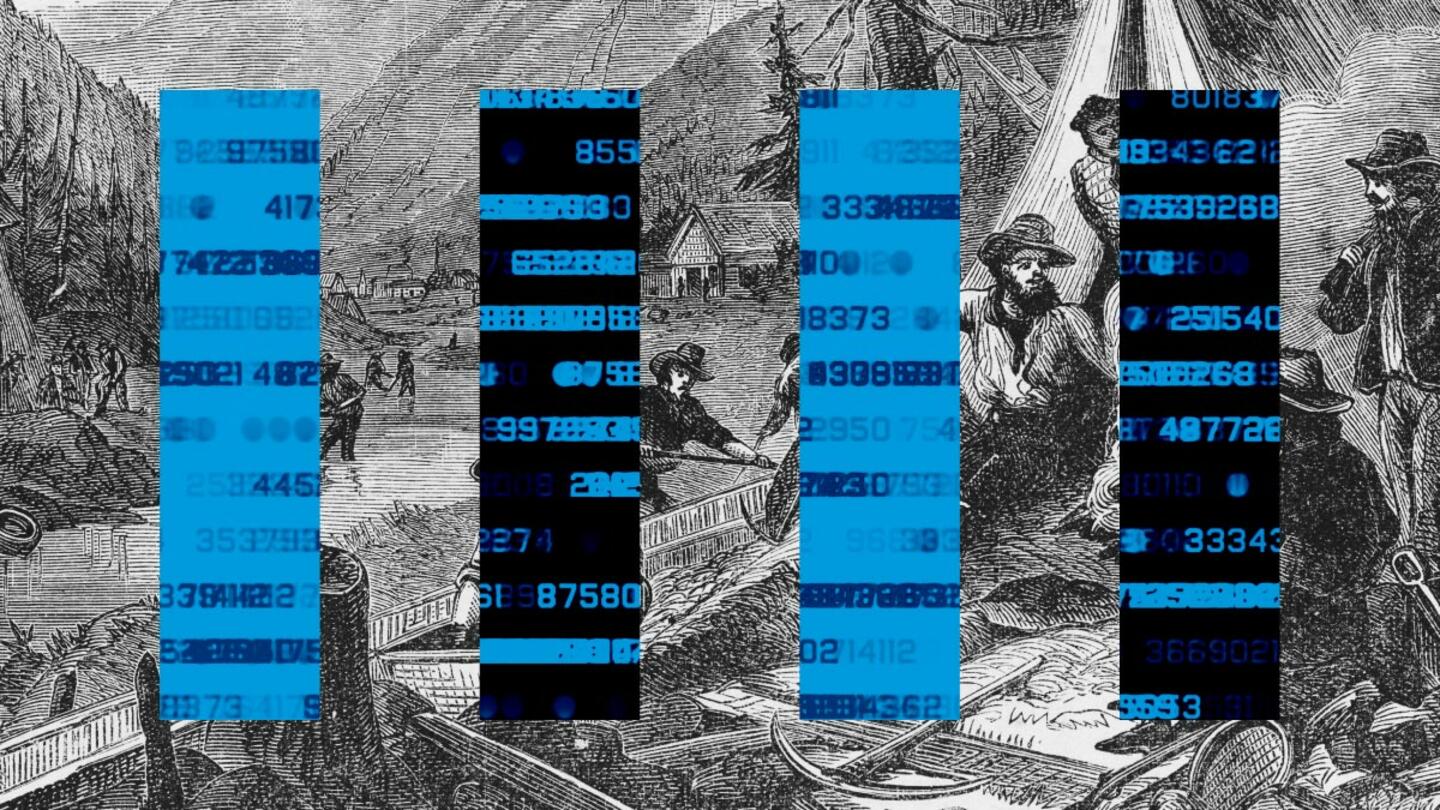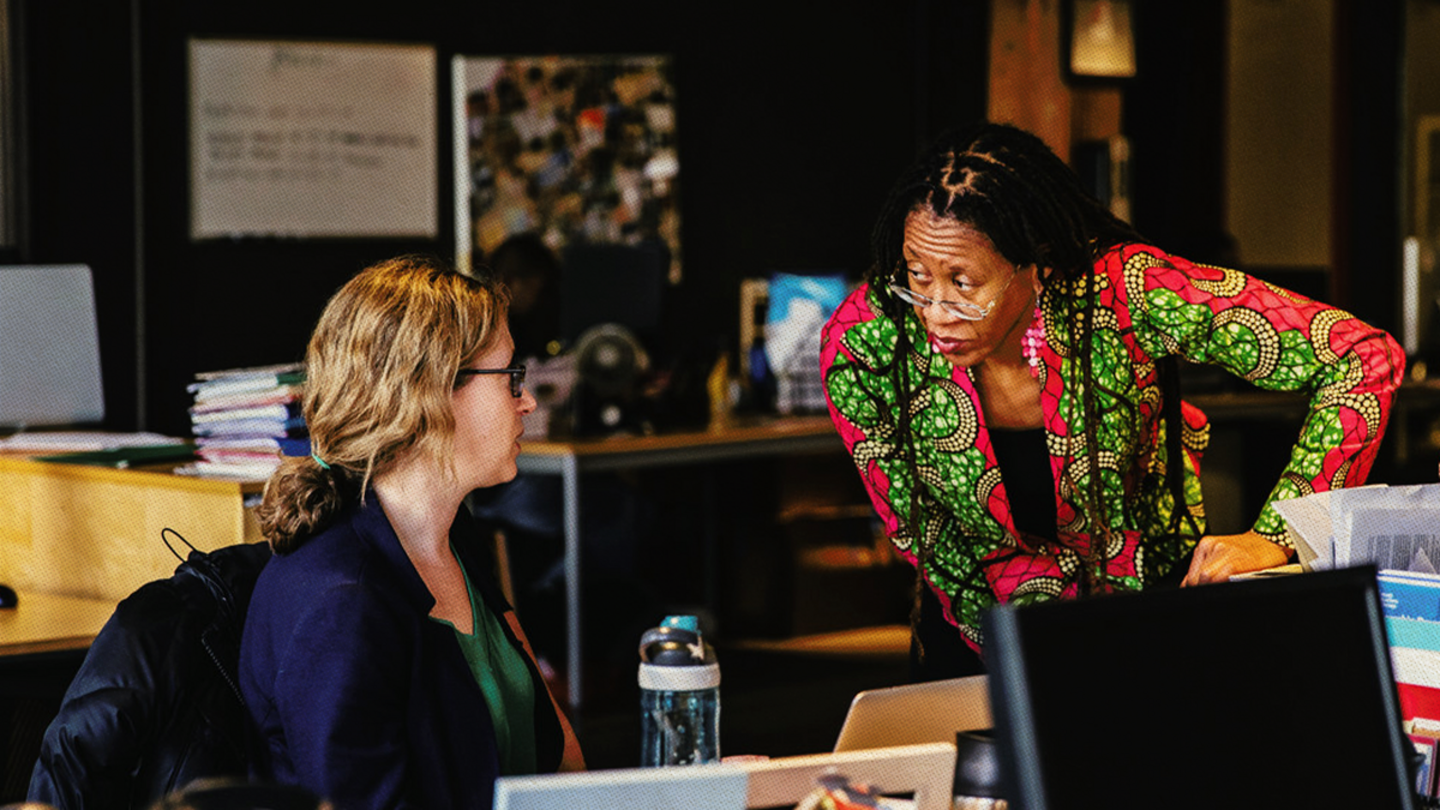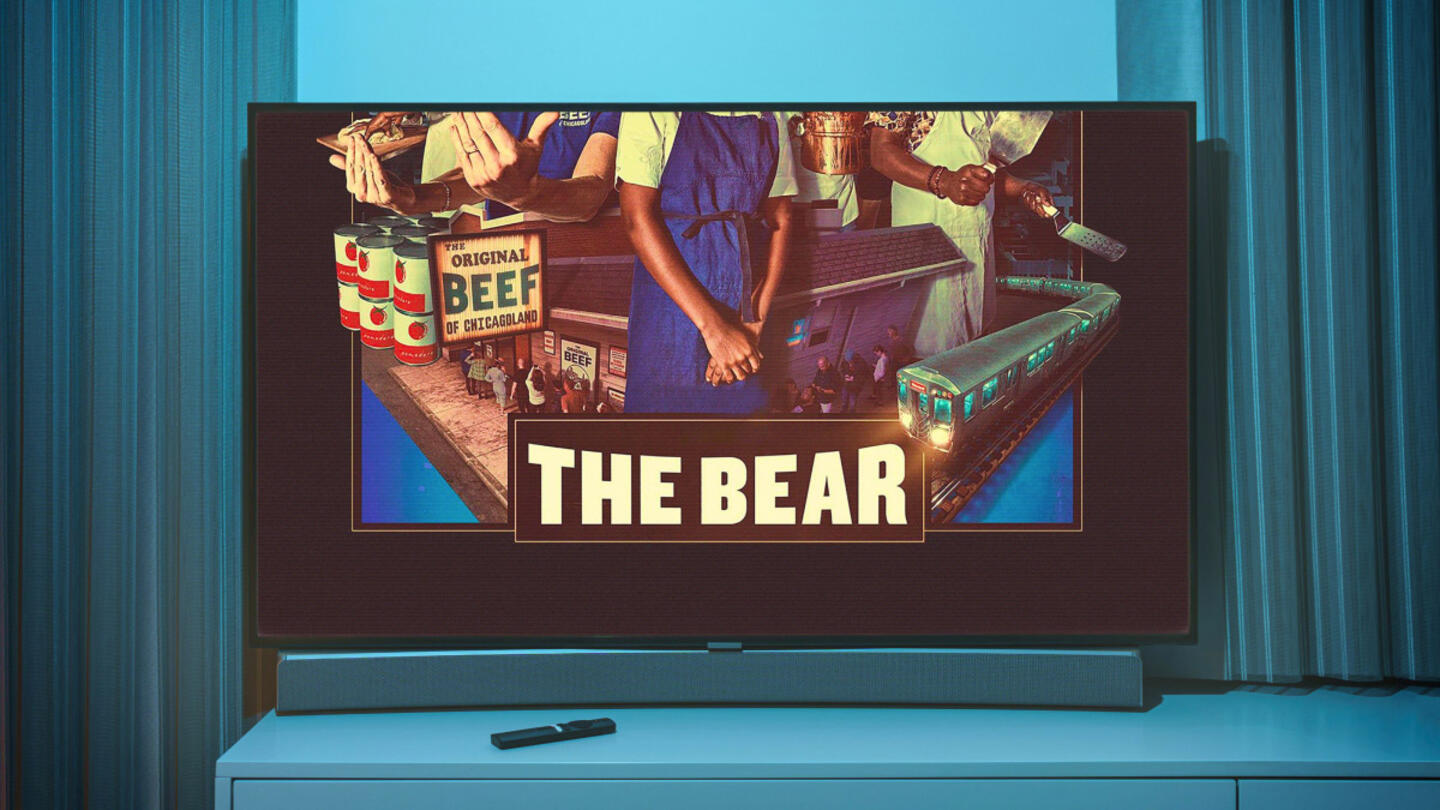In the penultimate episode of the most recent season of “The Bear” — titled “Napkins” — one character, Tina, sits across a table from a hiring manager reviewing her application for an administrative role. She has 15 years of experience in the industry, but the manager notices her lack of a college degree and tells her, “All of the new hires have to have degrees for leadership potential.”
Tina points out that her last job was a near-perfect match for what this role would entail.
She still doesn’t get the job.
Tina’s story is familiar to the millions of Americans who have valuable years of working experience but struggle to access fulfilling careers for which they are qualified because they lack the prototypical four-year college degree.
Companies across the country have overvalued the four-year degree for years, including it as a necessary prerequisite to be hired for many roles. However, doing so fails to recognize that a four-year degree is just one of many educational and professional pathways that can indicate a job applicant’s talents, experiences, and aptitudes.
Many Americans are taking advantage of multiple options, including apprenticeships, part-time education, and skill-specific training (or “microcredentials”) in lieu of a costly and time-consuming degree.
This episode of “The Bear” may be more documentary than drama for many Americans: Less than half of American workers have a four-year degree, but many do have years of valuable experience working. Despite this, 70% of job postings include a degree prerequisite.
The organizations below want to close the gap. Rather than assess potential talent by the degrees people have, they create the space to examine holistically an individual’s ability to succeed at a job — and both job applicants and companies are coming out on top because of it.
The possibilities beyond a four-year degree
If not a college degree, then what can companies use to assess a candidate’s experience and potential?
Quite a lot, it turns out.
Per Scholas offers those already in full-time jobs the ability to upskill — that is, take short-term, focused courses aimed at honing specific skills that can help them move up the ladder.
For instance, for Moja Chatman, moving into the IT industry required a new set of technical skills, but he didn’t have the time or finances to quit his full-time job and go back to school. Instead, through Per Scholas, he took flexible courses in just a few months. He was eventually hired into Barclays Bank’s IT department.
Sign up for Stand Together's Rethinking Work & Learning newsletter to get the latest stories, ideas, and trends on the future of employment.
The company gained a talented and dedicated employee who otherwise would have gone overlooked because it was willing to recognize that Chatman’s upskilling courses were as valuable, if not more so, than a college degree.
“More and more, we’re hearing that employers are prioritizing relevant technical skills over more traditional education requirements like a four-year degree,” said Brittany Murrey, executive vice president of talent solutions at Per Scholas. “By prioritizing skills over traditional barriers, … [employers] can widen their talent pool. They can fill their job openings more quickly while also ensuring their teams have the right skills to succeed.”
Upskilling and MicroBachelors are only useful if employers recognize their value and take steps to open up their hiring processes.
Skills for Chicagoland’s Future helps employers identify and address hidden barriers to entry they may not even be aware of. These can include overly restrictive job descriptions, biased automated screening systems, or HR teams that are simply stretched too thin.
“[More open hiring practices] really can change the way your business operates,” said Bridget Altenburg, CEO of Skills for Chicagoland’s Future. “It changes the dynamic with your teams. It can push innovation more quickly. … That kind of diversity of knowledge and experience is critical. The world isn’t getting any slower, and we need to make sure that we’re bringing in talent that’s going to help us stay abreast of it.”
At the end of “Napkins,” Tina, feeling dejected after yet another unsuccessful job interview, stops for a cup of coffee. There, she starts chatting with the cafe’s owner about the obstacles she’s faced and how badly she wants to put her skills to work — she just needs someone to give her an opportunity.
That conversation leads to her job as a line cook, where, throughout the show’s run, she is passionate, determined, and crucial to the restaurant’s success.
Her coworkers, boss, and customers would all be missing out on her talents if her employer hadn’t been willing to let her lifetime of experiences speak louder than a missing line under “education” on her resume.
Learn more about Stand Together’s efforts to transform the future of work and explore ways you can partner with us.

Why AI may help more people achieve the American Dream.

Data centers are at the forefront of the ‘new economy.’ But what exactly are they?

Here’s how to bridge the disconnect between employers and employees.

Lessons learned from Colorado.
